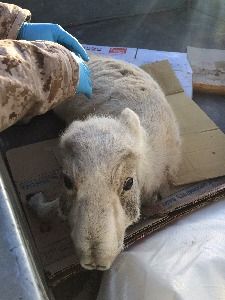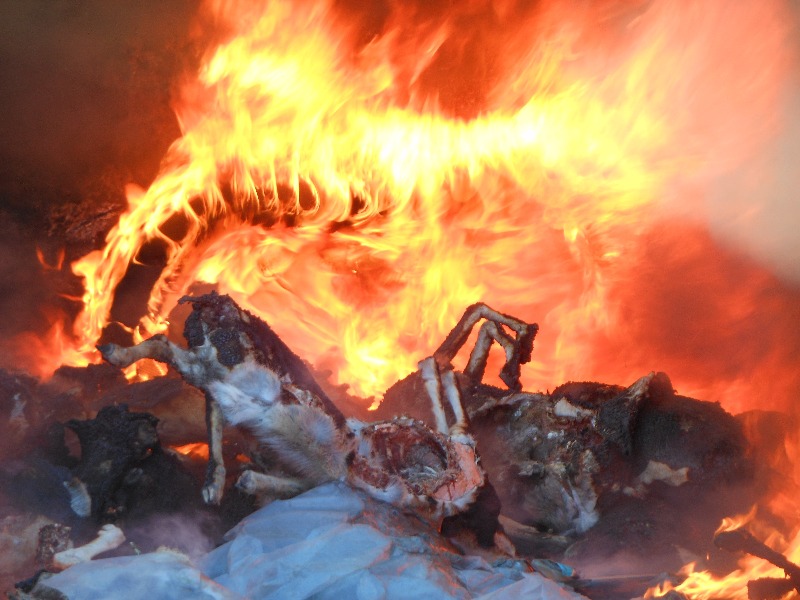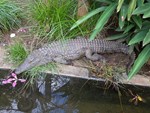Royal Society Research Grant awarded to Dr Camilla Benfield, Lecturer in Virology
Dr Camilla Benfield, Lecturer in Virology, has been awarded a Royal Society Research Grant entitled Peste des petits ruminants virus emergence in an atypical host: is the virus adapting to cellular receptors of novel species?
Some viruses evolve, through genetic changes, to infect novel species of host, allowing them to ‘emerge’ in previously unaffected populations. Recent decades have seen repeated emergence of viral diseases in wildlife, livestock and humans. Understanding the contributory factors is crucial so we can mitigate impacts upon human, animal and ecosystem health.
A virus related to measles and Rinderpest viruses, which causes a highly socio-economically important disease of sheep and goats, peste des petits ruminants virus (PPRV), is currently emerging in novel atypical host species. One such is the critically endangered saiga, an iconic migratory antelope of the Eurasian steppe. Only a few thousand of the Mongolian sub-species remain, of which ~60% died in 2016-7 from PPRV. This project will utilise samples from PPRV-infected saiga to derive genetic sequences allowing us to test experimentally whether the virus has evolved the ability to use saiga cell surface proteins to enter cells.

This research will advance our understanding of the molecular mechanisms underlying PPRV emergence in novel species, which is crucial for helping to control PPRV, the only livestock virus currently targeted for elimination by the UN Food and Agriculture Organisation owing to its contribution to poverty and food insecurity. We will focus on saiga due to the unprecedented disease severity seen in this species, which could indicate PPRV mutation, and due to their highly endangered status. Moreover, due to commonalities among morbilliviruses, this research is relevant to related morbilliviruses including measles in humans and canine distemper virus in diverse animal species.

Photo credits: Professor Richard Kock

